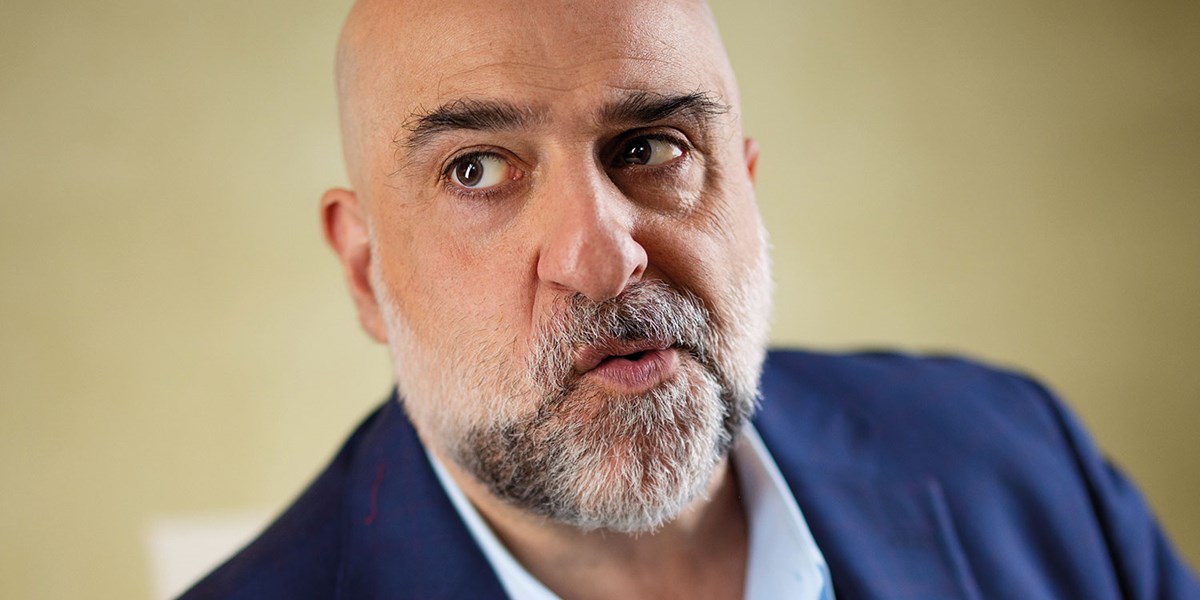Thursday, August 29, 2024
Omid Djalili's My World interview: “In general, there’s something very coquettish about Persian music… flirty moves and dances and pauses”
Anne Templer speaks to the actor and comedian about his love of prog and Persian music and how he once kicked a famous jazz musician out of his band


Register now to continue reading

Thanks for visiting the Songlines website, your guide to an extraordinary world of music and culture. Sign up for a free account now to enjoy:
- Free access to 2 subscriber-only articles and album reviews every month
- Unlimited access to our news and awards pages
- Our regular email newsletters

